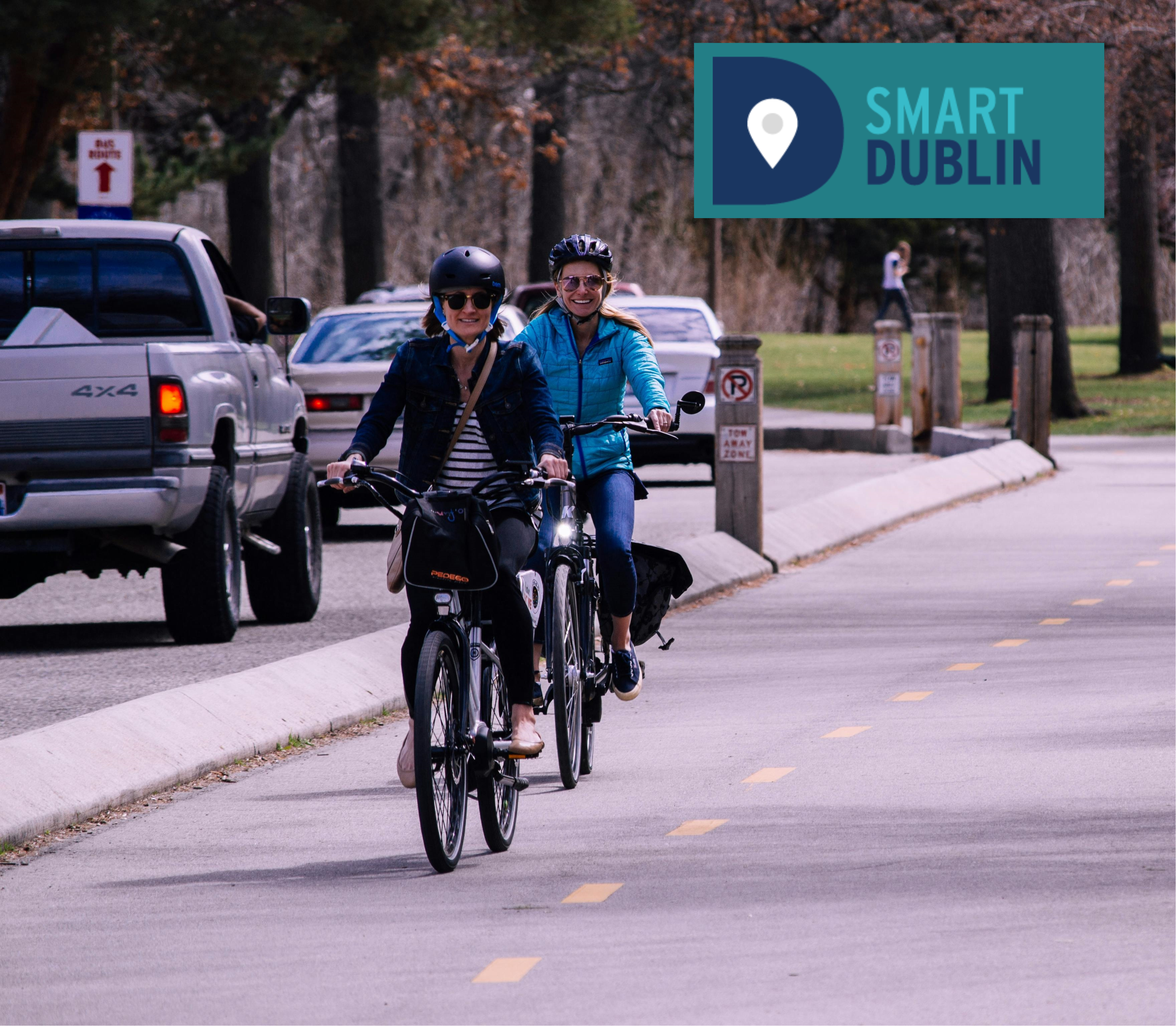DUBLINBIKES MOVEMENT OVER TIME
18 June 2024Tá leagan Gaeilge den mhír seo ar fáil anseo.

Smart Dublin has recently revamped its open data for two of the bike share schemes operating in the Dublin region; Moby and Bleeper. This article delves into the impact unlocked through the new open datasets provided on Smart Dublin’s open data portal; Dublinked.
What’s New?
The open data now includes an API developed according to the General Bikeshare Feed Specification (GBFS) with information about vehicles, stations, pricing, etc. The current location of the vehicles is updated every five minutes. In addition, the data includes historical files of bike location data.
Impact and Benefits:
Access to open dynamic data from the bike share schemes empowers various stakeholders, including Local Authorities, Researchers, Analysts, and App Developers. They can use this data to:
- Enhance User Experience: Utilise the data to create innovative services for users by providing real-time availability information, route planning tools, and personalised recommendations.
- Inform Infrastructure Development & Planning: Analyse bike usage trends across the schemes to identify high-demand areas, optimise bike station placement, optimise fleet distribution, etc.
- New Research: Conduct cycling behaviour studies, assess the environmental impact of the combined network, etc.
Looking Ahead:
Smart Dublin works with the four Dublin Local Authorities (DLAs): Dublin City Council, Fingal County Council, South Dublin County Council, and Dún Laoghaire-Rathdown County Council. Plans are underway to publish similar open data for each of the bike share schemes licensed by the DLAs. Finally, it is worth highlighting that this rich mobility data is an excellent example of the type of data that can be leveraged by a Mobility-as-a-Service (MaaS) ecosystem in Ireland.

 Derilinx
Derilinx